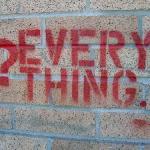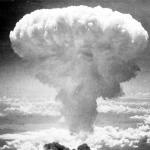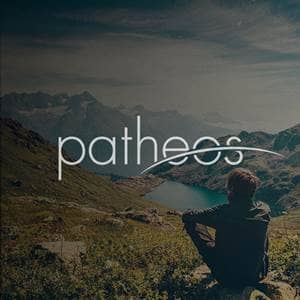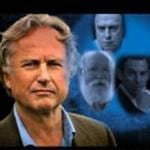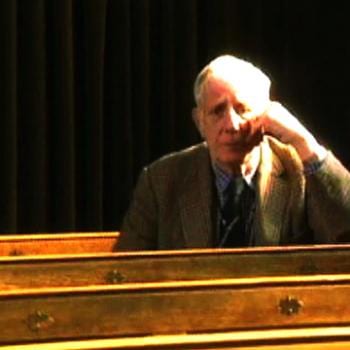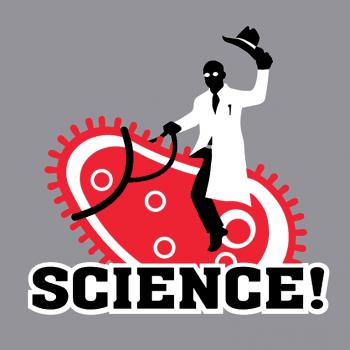Folklore for Friday: what does this folk tale say about the nature of inquiry?
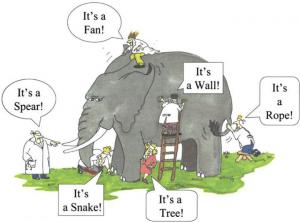
I saw this cartoon yesterday in a discussion about science and Theories of Everything, and found it very appropriate. You’ve all heard the fable of the blind men and the elephant. What meaning do you derive from it?
To Learning Much Inclined
Here is the famous poem by John Godfrey Saxe (1816-1887), Blind Men and the Elephant:
It was six men of Indostan,
To learning much inclined,
Who went to see the Elephant
(Though all of them were blind),
That each by observation
Might satisfy his mind.The First approach’d the Elephant,
And happening to fall
Against his broad and sturdy side,
At once began to bawl:
“God bless me! but the Elephant
Is very like a wall!”The Second, feeling of the tusk,
Cried, “Ho! what have we here
So very round and smooth and sharp?
To me ’tis mighty clear,
This wonder of an Elephant
Is very like a spear!”The Third approach’d the animal,
And happening to take
The squirming trunk within his hands,
Thus boldly up and spake:
“I see,” quoth he, “the Elephant
Is very like a snake!”The Fourth reached out an eager hand,
And felt about the knee:
“What most this wondrous beast is like
Is mighty plain,” quoth he,
“‘Tis clear enough the Elephant
Is very like a tree!”The Fifth, who chanced to touch the ear,
Said— “E’en the blindest man
Can tell what this resembles most;
Deny the fact who can,
This marvel of an Elephant
Is very like a fan!”The Sixth no sooner had begun
About the beast to grope,
Then, seizing on the swinging tail
That fell within his scope,
“I see,” quoth he, “the Elephant
Is very like a rope!”And so these men of Indostan
Disputed loud and long,
Each in his own opinion
Exceeding stiff and strong,
Though each was partly in the right,
And all were in the wrong!MORAL,
So, oft in theologic wars
The disputants, I ween,
Rail on in utter ignorance
Of what each other mean;
And prate about an Elephant
Not one of them has seen!
So at least in this 19th-century Western formulation, it was intended to criticize religious dogmatism. In our millennium, what does it tell us about inquiry?
All Were In the Wrong
At least to my way of thinking, it describes the perspectival nature of truth. That is, truth presupposes a perspective and a context. Our modes of inquiry are all limited in ways we never have reason to acknowledge, since we define reality according to the ways we find useful in making sense of it.
A science fan (if he or she doesn’t simply dismiss it as a “myth”) could argue that it’s a parable about intersubjectivity, because only theories that integrate various categories of observations can be considered robust and explanatory.
The realists among us could say that it demonstrates the proper approach to objective reality: there is one true and complete description of reality, which exists independent of our conceptual schemes.
What’s your interpretation? How does this folk tale describe the way you understand inquiry, truth, and reality?

